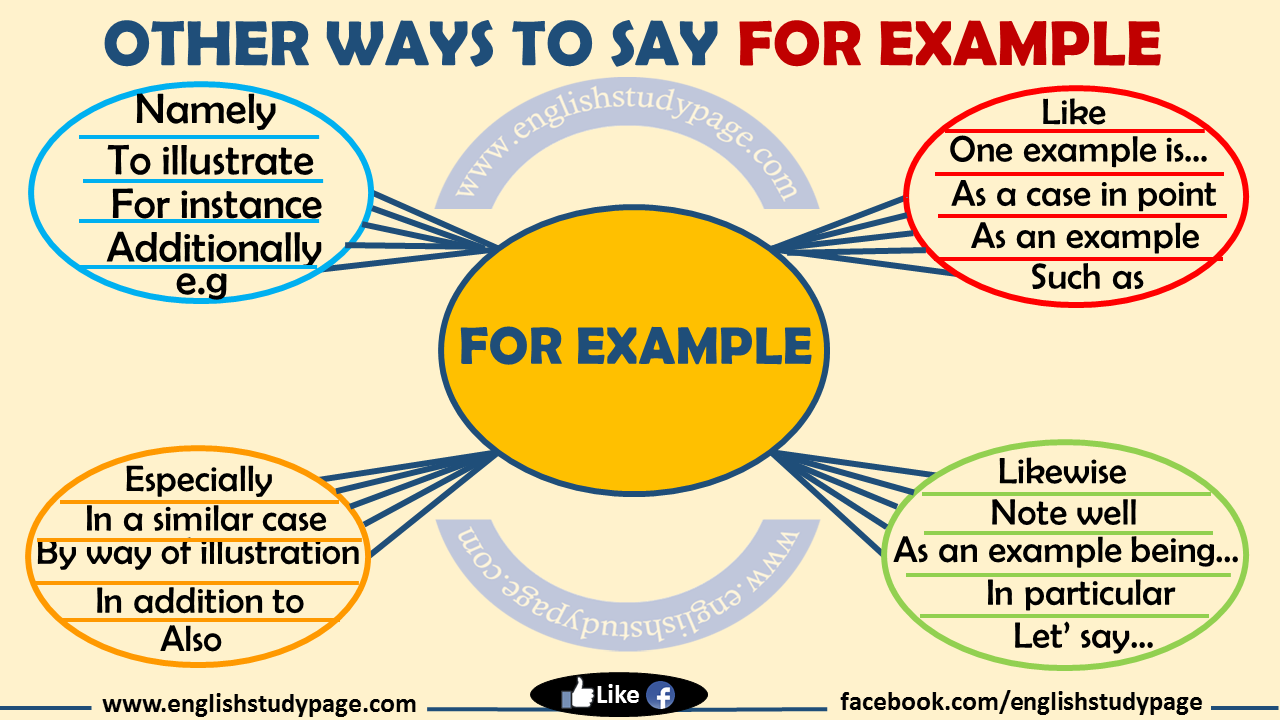

insulting or ‘fighting’ words” cannot claim constitutional protection. Murphy, writing for a unanimous court, held that certain written or spoken words are exempt from First Amendment protection when they instigate violent reactions by listeners.Īlthough most speech falls under the protection of the First Amendment freedom of speech, expressions that are “lewd and obscene. Court said fighting words are not protected

Upon his conviction, Chaplinsky appealed, arguing that the state law limited his First and Fourteenth Amendment speech freedoms. Upon seeing the marshal, Chaplinsky uttered the phrases “You are a God damned racketeer” and “a damned Fascist and the whole government of Rochester are Fascists or agents of Fascists.”Ĭhaplinsky was arrested for violating a New Hampshire law prohibiting the use of “offensive, derisive or annoying” words toward others or preventing them from going about their lawful business. As he headed back to the scene, the marshal came upon Chaplinsky being escorted to a police station by another police officer. After leaving the scene, the city marshal received word of a riot ensuing where Chaplinsky was speaking. A city marshal approached Chaplinsky but reminded the crowd that Chaplinsky was within the law. Chaplinksy was convicted for his statements about the city marshalĪs Chaplinsky railed against organized religion, the crowd became restless. Walter Chaplinsky, a Jehovah’s Witness, was distributing religious pamphlets and speaking one afternoon in Rochester, New Hampshire, when a crowd gathered around him. 568 (1942), established the doctrine of fighting words, a type of speech or communication not protected by the First Amendment. The Supreme Court decision in Chaplinsky v. (Image via Wikimedia Commons, CC BY-SA 3.0)


The case involved a Jehovah's Witness who made inflammatory statements near the city hall of Rochester, New Hampshire, shown here in 2013. New Hampshire (1942) established the doctrine of fighting words, a type of speech or communication not protected by the First Amendment. However, preceding usually implies being immediately before in time or in place.The Supreme Court decision in Chaplinsky v. In some situations, the words preceding and prior are roughly equivalent. The former name of the company When is preceding a more appropriate choice than prior? The words former and prior can be used in similar contexts, but former implies always a definite comparison or contrast with something that is latter. The foregoing remarks When is it sensible to use former instead of prior? The meanings of foregoing and prior largely overlap however, foregoing applies chiefly to statements. The anterior lobe of the brain When can foregoing be used instead of prior? While in some cases nearly identical to prior, antecedent applies to order in time and may suggest a causal relation.Ĭonditions antecedent to the revolution When might anterior be a better fit than prior?Īlthough the words anterior and prior have much in common, anterior applies to position before or ahead of usually in space, sometimes in time or order. While all these words mean "being before," previous and prior imply existing or occurring earlier, but prior often adds an implication of greater importance.Ī prior obligation In what contexts can antecedent take the place of prior? Some common synonyms of prior are antecedent, anterior, foregoing, former, preceding, and previous. Frequently Asked Questions About prior How is the word prior distinct from other similar adjectives?


 0 kommentar(er)
0 kommentar(er)
